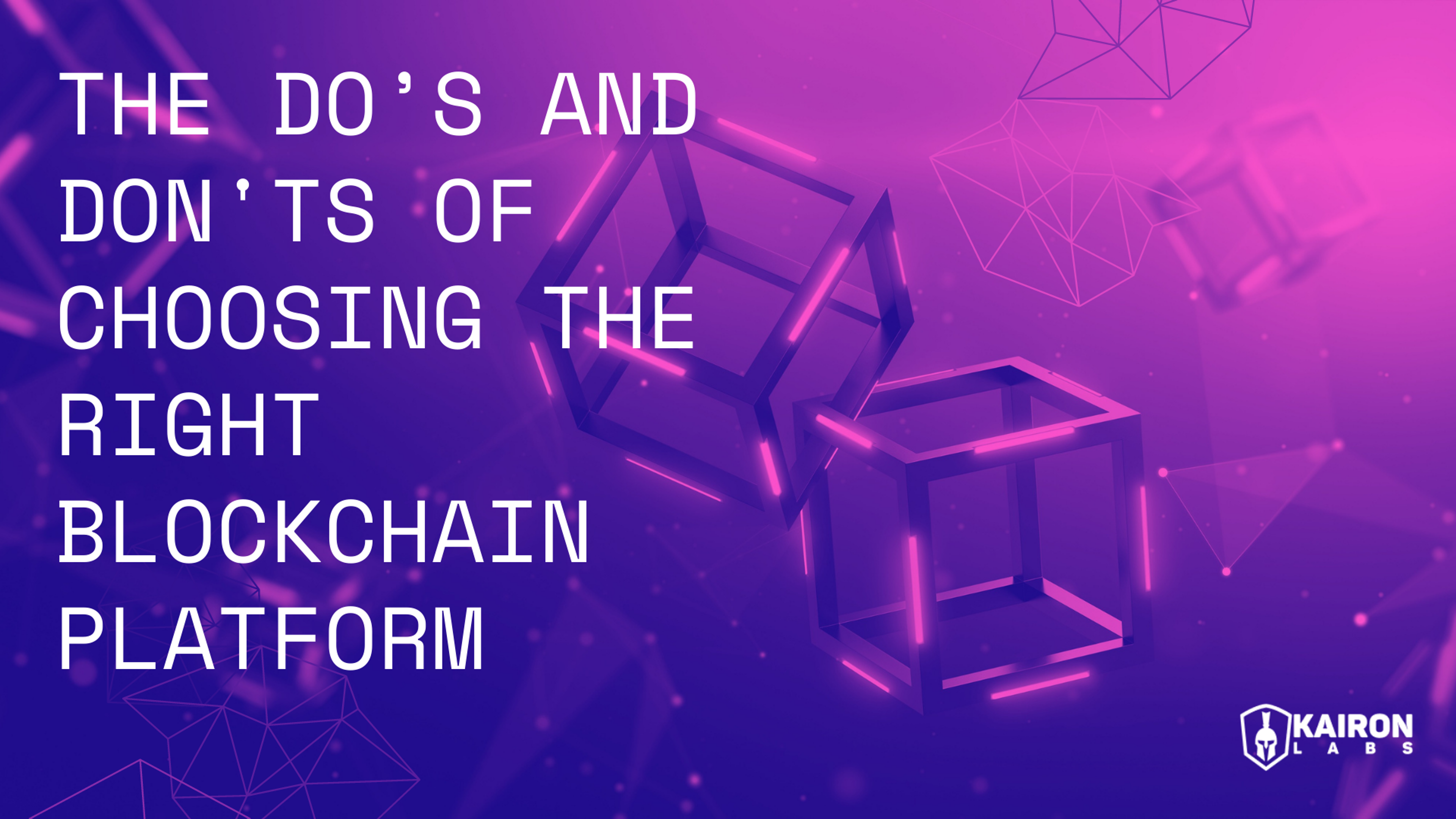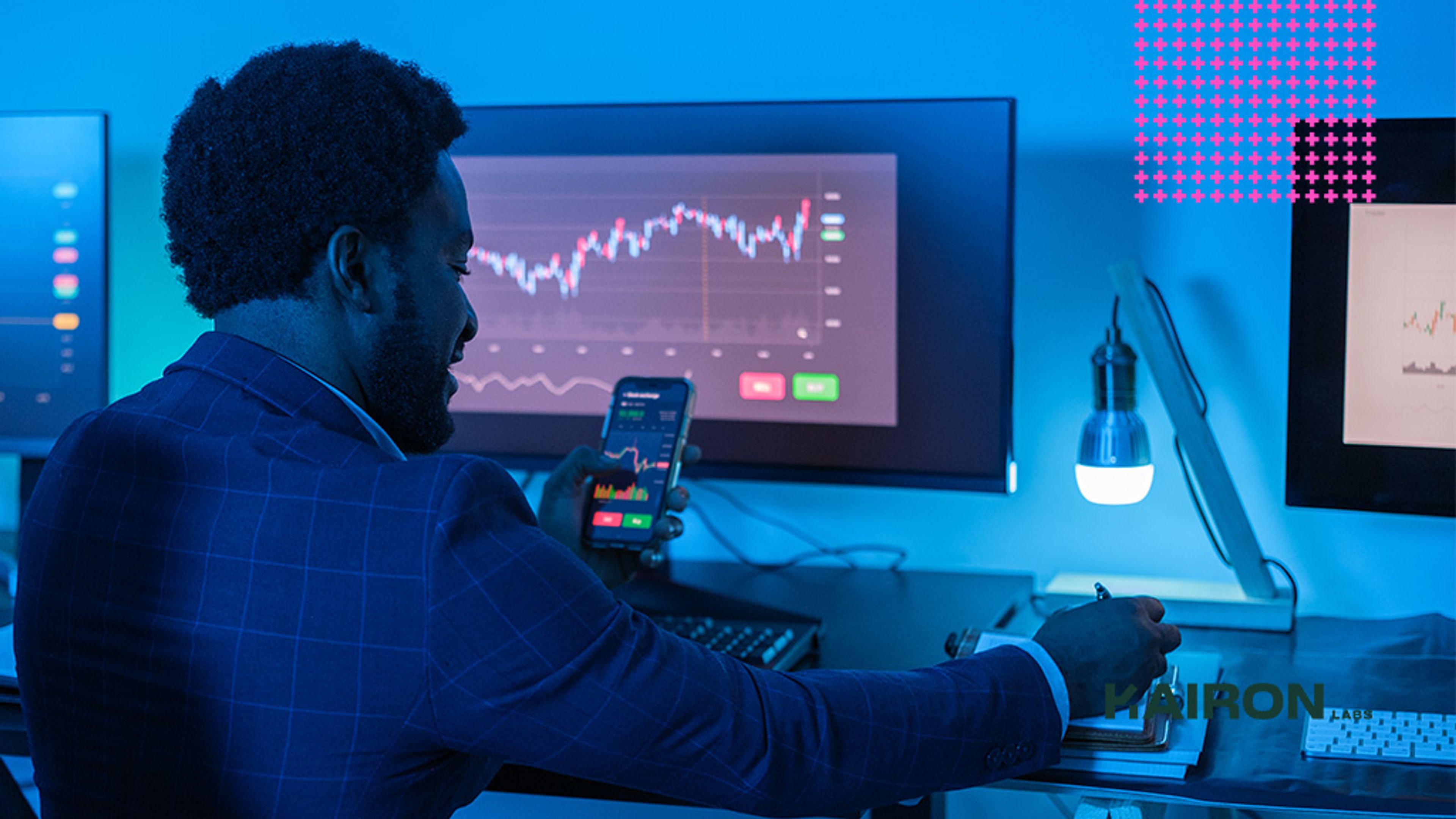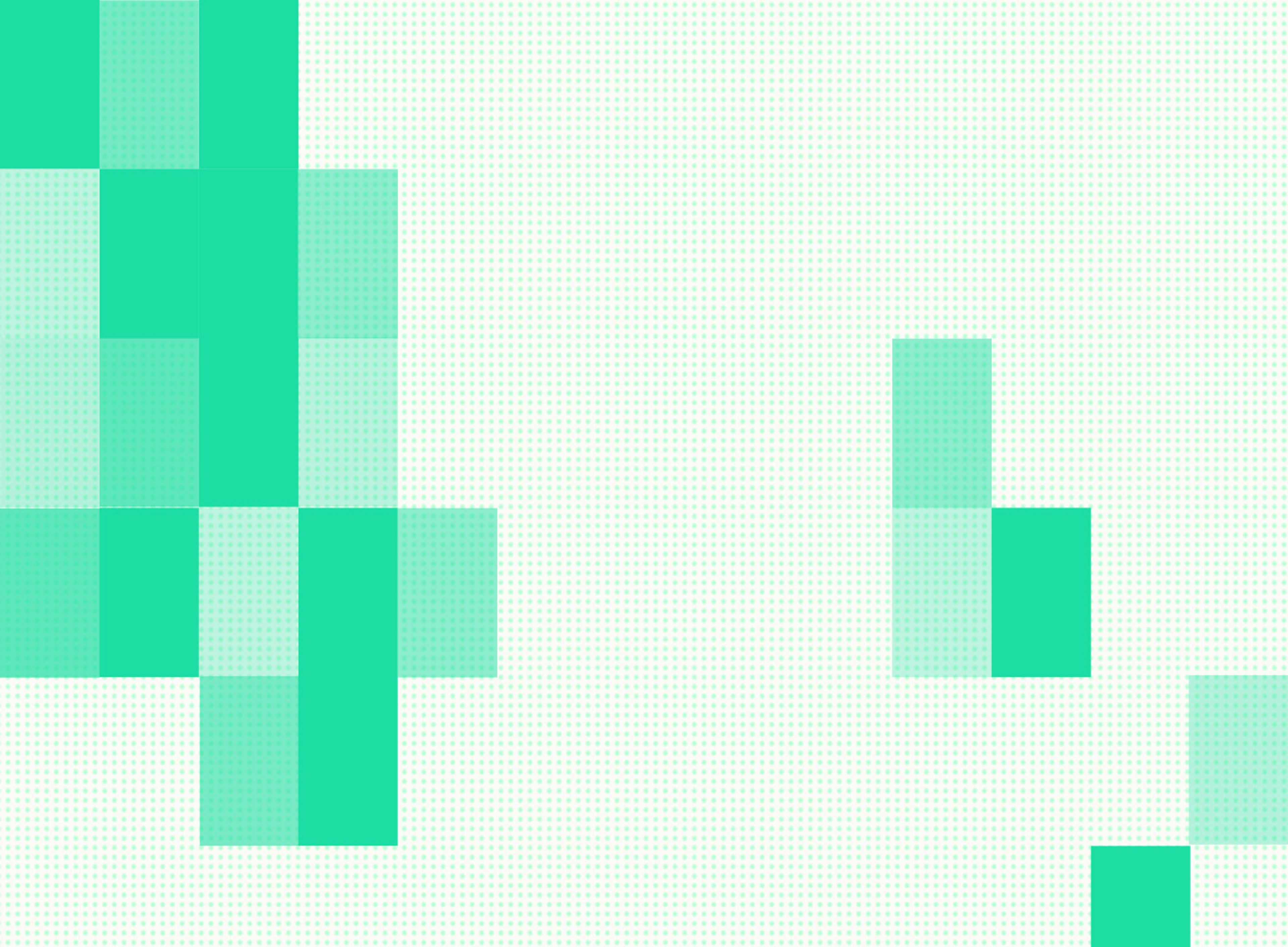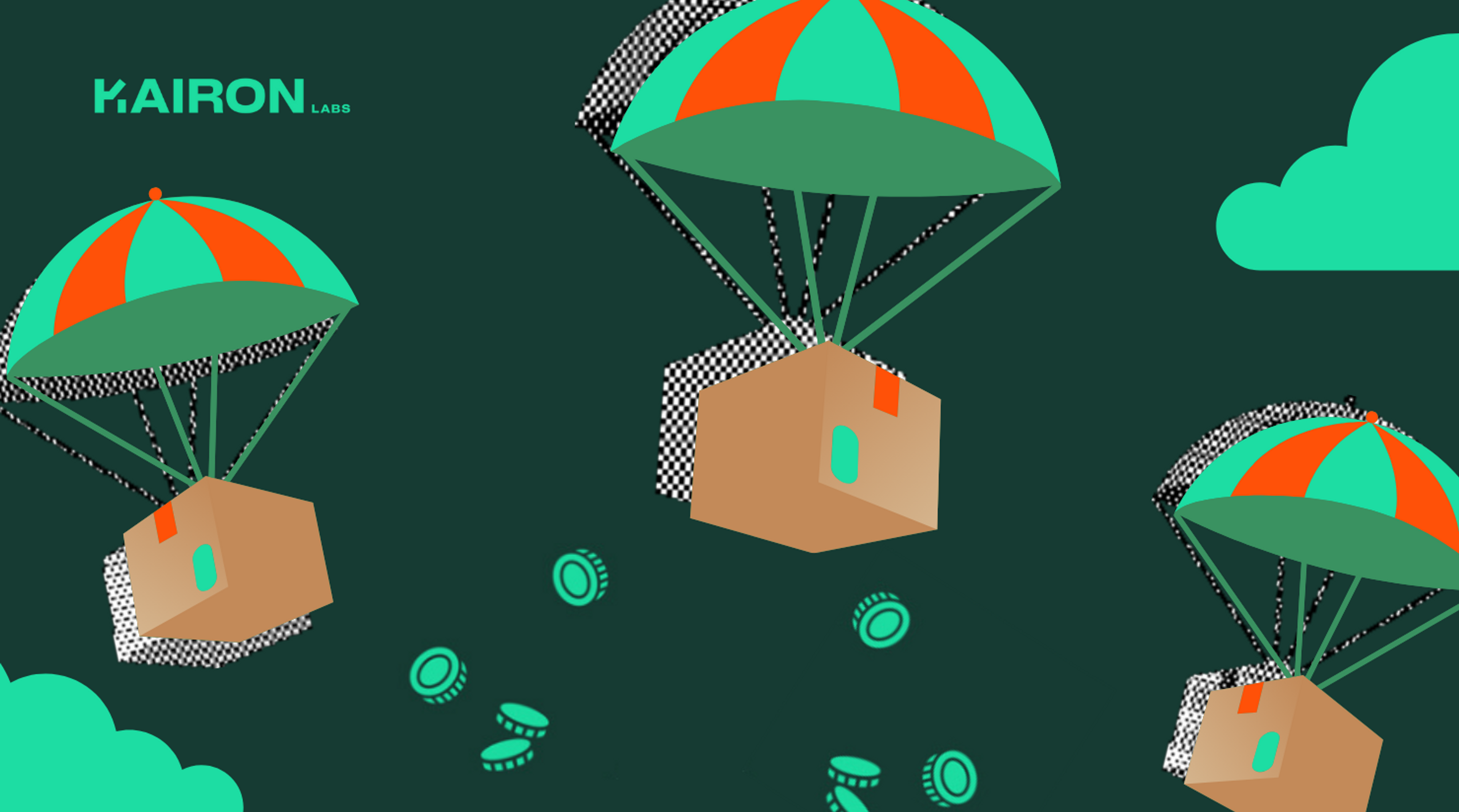
How to Launch Your Token: The Do’s and Don'ts of Choosing the Right Blockchain Platform

While working at Bellcore Labs in the 1990s, scientists Stuart Haber and Scott Stornetta were researching ways to authenticate digital documents. When their original paper, "How to Timestamp a Digital Document," was published, it showed how the various elements of a timestamp verification system would work. This was the beginning of blockchain technology. A technology that was born two decades before Bitcoin, blockchain is continuously developing and gaining wider acceptance as more companies across industries are starting to use it.According to Gartner, blockchain will generate $3.1 trillion in new business value by 2030. This surge in interest and investment is driven by the increasing recognition of blockchain's potential to streamline processes, reduce costs, and increase transparency and security.If you're planning on using a blockchain platform, there are some dos and don'ts that you should be aware of.In this blog post, we will discuss these best practices so you understand what blockchain platform is most suitable for your project. By following these tips, you'll be able to get started confidently and avoid common mistakes!
What Is A Blockchain Platform?
A blockchain platform is a digital ledger that allows businesses and individuals to transact with each other directly without the need for a third-party intermediary. This means that transactions are much faster and more secure since they're not subject to the same risks as traditional methods (e.g., fraud, hacks, etc.).Many different types of blockchain platforms are available, each with its features and benefits. However, not all platforms are created equal. You'll need to consider specific needs and requirements to choose the right one for your business.Furthermore, it's important to remember that blockchain platforms are still relatively new and constantly evolving. This means there are bound to be some bumps in the road as you start. But don't let this discourage you! With a bit of patience, you'll be able to find a platform that works best for you and your business.
Are Blockchain Platforms Safe?
One of the most common questions about blockchain platforms is whether or not they're safe. The answer to this question depends on your chosen platform and how you use it.Generally speaking, blockchain platforms are very secure. Blocks are always stored chronologically, and it is complicated to change a block once it has been added to the end of the blockchain. Each block has its hash code and the hash code of the block that comes before it. If a hacker tries to edit a block, the block's hash will change, meaning the hacker would have to change the next block's hash in the chain, and so on. Therefore, to change one block, a hacker would have to change every other block that comes after it, which would take a massive amount of computing power.Despite the use of consensus algorithms, blockchain is still susceptible to 51% of attacks in which an attacker has more than 50% control over all the computing power on a blockchain, gaining the ability to overwhelm the other participants on the network. However, this type of attack is unlikely because it would take a lot of effort and computing power to execute.Still, keep in mind no system is entirely immune to security risks. That's why it's essential to research and choose a platform with strong security measures.
Things to Consider When Choosing A Blockchain Platform
When choosing a blockchain platform, you should first answer these questions:
- does it have to be permissionless or permissioned, and
- Which consensus algorithm do we need to use?
Let's discuss both points and why they matter:Permissioned blockchains require approval to access, meaning they're private blockchains. Permissionless blockchain does not require permission to enter the blockchain network. In public, permissionless blockchains like Bitcoin (BTC), Ethereum (ETH), Cardano (ADA), and Dogecoin (DOGE), every node in the network can conduct transactions and participate in the consensus process. In private or permissioned chains such as Multichain, Quorum, and Corda, every node might be able to perform transactions. Still, participation in the consensus process is restricted to a limited number of approved nodes.Regarding the second point, the consensus algorithm is a core piece of a blockchain network that can greatly impact speed. It is the procedure through which the peers in a blockchain network will agree about the present state of the distributed ledger. This helps establish trust between users of the blockchain.There are four standard methods that blockchain and other distributed database platforms use to arrive at a consensus:
- PoW, which is used to select a miner for the next block generation. Generally, public platforms choose PoW algorithms because they are easy for other network nodes to verify.
- Practical Byzantine Fault Tolerance (pBFT) is an algorithm designed to work in asynchronous systems.
- Proof of Stake (PoS) algorithm is commonly used as an alternative to PoW. It works by having validators invest in the system's currency by keeping some of their coins at stake. The validators then begin validating blocks.
- Delegated Proof of Stake (DPoS) algorithms for a voting and election process designed to protect against malicious use or centralization in the blockchain.
Other do's and don'ts when choosing a blockchain platform
Now that we've answered some of the most common questions about blockchain platforms, let's take a look at the dos and don'ts of using a blockchain platform. Make sure to write down or remember these tips:
Do: Understand How the Platform Works
Before you start using a blockchain platform, you must take the time to understand how it works. This way, you'll be able to make the most of its features and benefits.
Do: Stay Up-to-Date on Platform Updates
Since blockchain technology is constantly evolving, it's important to stay up-to-date on the latest changes. There are a few different ways to stay informed, like signing up for newsletters, following blockchain news outlets, or joining online forums.
Do: Choose a Scalable Platform
The scalability of blockchain networks is the ability to support a growing number of transactions as well as increase the number of nodes in the network.
Do: Pick a Platform with Low Transaction Fees
Transaction costs are determined by the price of gas paid to the validator as a reward for transaction validation, which most often tends to the MEV (maximal extractable value). Projects that focus on low transaction costs are FLOW, NEAR, and Polygon's L2 solution.
Do: Make Sure The Platform is Reliable and Secure
Reliability for a blockchain network is its ability to parametrically match network load conditions and be protected from third-party attacks by hackers. Among existing networks, Ethereum can be considered the most secure because of its special data protection structure and the most experienced team in the industry.
Do: Choose a Platform That Has Compatible Chains
Nobody can predict the future, so if you want to expand or switch to other networks, it’s best to have the option to bridge project tokens to another chain. The goal is to choose a chain with many reliable bridges to other networks.
Now let's take a look at the just-as-important don'ts of using a blockchain platform:
Don't: Use An Untested Platform
There are many blockchain platforms out there, but not all of them are created equal. You must only use a platform that has been tested and is known to be reliable. Otherwise, you could run into problems down the road. If you need help deciding which platform to use, ask for recommendations from other business owners or consult a blockchain expert.
Don't: Forget to Think About The Community
If you want your project to be successful in the long run, you need to build a good, healthy community. As your supporters, the community members expect to be able to buy your token. Another factor to consider is that they might also want to set up wallets. In any case, make sure the platform you will use to launch your project is aligned with the size of your community.
Blockchain Platform Usage Done the Right Way
Now that you know the do's and don'ts of using a blockchain platform, you'll be well on your way to enjoying all the benefits this technology has to offer. If you follow the tips we shared above and make sure you always do your research first, you'll be able to launch your token project in no time! If you’re unsure how to launch your token project, get in touch with us! We provide full support and strategic guidance on how to get your token listed on trusted crypto exchanges.
Kairon Labs provides upscale market-making services for digital asset issuers and token projects, leveraging cutting-edge algorithmic trading software that is integrated into over 100+ exchanges with 24/7 global market coverage. Get a free first consult with us now at kaironlabs.com/contact
Featured Articles


Understanding Market-Making Models in Crypto

Solana Staking ETFs: A Live Liquidity Stress Test for Every Founder

Launching a Token 101: Why is Liquidity Important?

Airdrops and Retrodrops Decoded: A Comprehensive Guide
